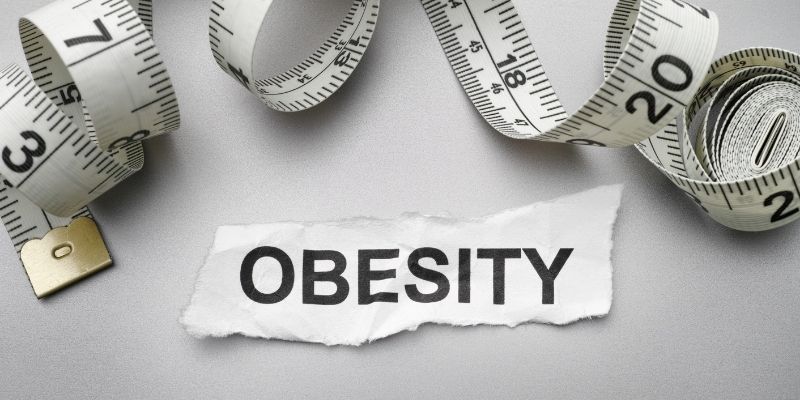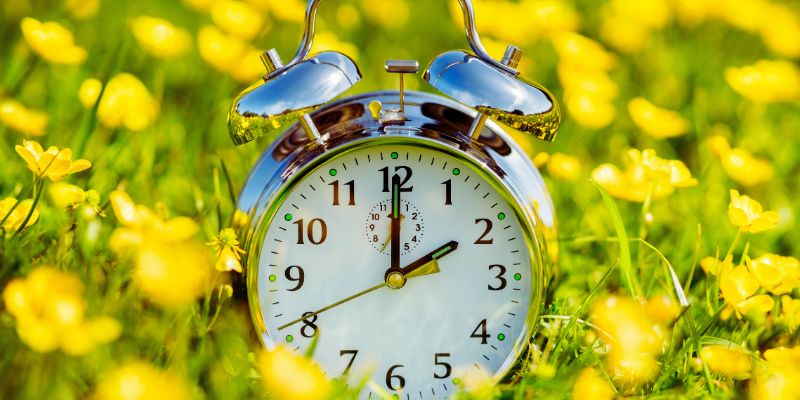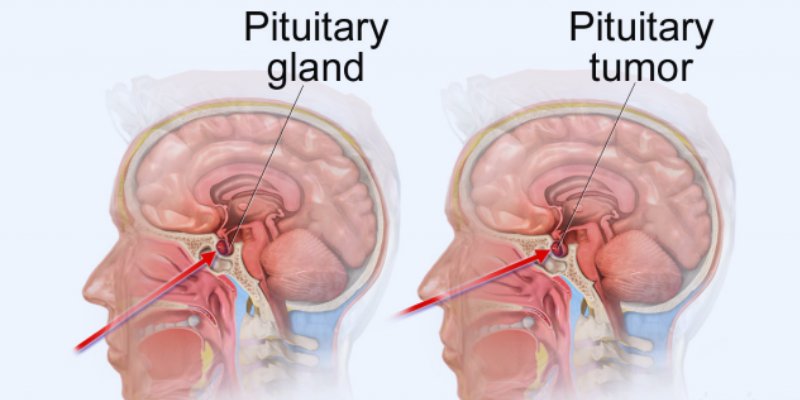After the clocks change, have you ever felt particularly exhausted, irritable, or unfocused? That grogginess is a health reaction to Daylight Savings Time (DST), not only in your thoughts. We clock forward or backward one hour twice a year. Though it sounds like nothing, even one hour can throw off the rhythm of your body. You can suffer in sleep, energy, even heart health.
Many people are unaware of how profoundly this little adjustment influences daily living. From sleep problems to more accident hazards, the effects are substantial. Protecting your health starts with knowing what your body does during DST. This guide will discuss how Daylight Savings Time impacts you and provide basic advice to help you adjust. Let's dissect it so you can remain in control, healthy, and awake.
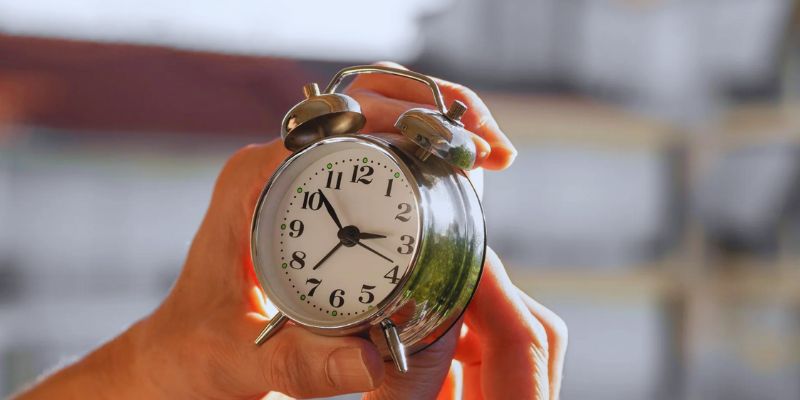
How Daylight Savings Time Impacts Health
Below are the main ways Daylight Savings Time can affect your body, mood, and overall health during the transition.
Disruption to Your Internal Body Clock
Your body functions on a circadian rhythm, an internal clock. This rhythm guides your wake-to-sleep cycle. It is based on dark patterns and natural light. Daylight Savings Time starts or ends, which causes this rhythm to get jumbled. Your body can believe it's either too early or too late. It can cause problems sleeping or waking up at the wrong time. Either fully awake at night or tired during the day. This balance is thrown off even by one-hour time shifts. While some acclimate in a few days, others need more time. Children, elderly folks, and those with sleep problems experience it most. Sunlight is what the body uses to assist in resetting its internal clock. Early morning outdoor activities allow you to restore your rhythm. Another benefit is keeping a consistent sleeping pattern. These little routines help your body and mind to ease the shift of time.
Effects on Sleep Quality and Duration
There are several ways daylight savings time could interfere with your sleep. Changing clocks disturbs your sleep pattern. Often more difficult to adjust to, you lose one hour of sleep in spring. Shorter and lighter sleep could follow from this. You might toss and turn more and wake up groggily. Your attitude, energy, and thinking can all suffer from bad sleep. Teens and late-night drinkers could find it more difficult to adjust. Insufficient sleep compromises immunity and can raise stress levels. You can find yourself less awake and struggling at school or your workplace. When your body is out of rhythm, sleep quality declines. Keep to a consistent bedtime if you want better sleep during this period. Steer clear of screens right before bed and cut afternoon caffeine intake. These kinds of good behaviors help one slumber better. During daylight saving time, your body requires consistent sleep to remain healthy.
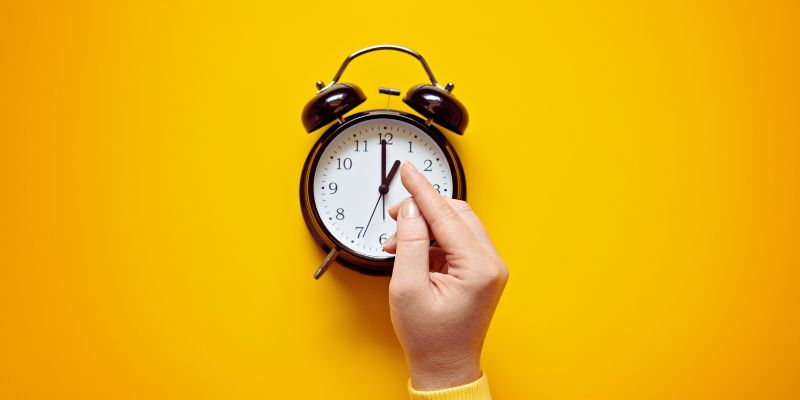
Increased Risk of Heart Problems and Stroke
Daylight Savings Time could raise one's chance of stroke and heart disease. Studies reveal that heart attacks follow the shift in springtime. Not sleeping and adjusting to a different schedule stresses the body. This stress impacts blood pressure, heart rate, and blood flow. Those with cardiac diseases are more susceptible to this period. Even those who are healthy could experience the effects. Particularly in the first two days following the time change, stroke risk also rises. Doctors think the reason is a body clock disturbance and inadequate sleep. Regular sleep and low stress help your heart function most naturally. Ignoring rest or underlining tension can tax your heart. Try to sleep soundly before and after the time change to remain secure. Eat well, keep your cool, and avoid too many immediate activities. These actions help the heart function. Watch for warning symptoms like dizziness or chest discomfort.
Mental Health and Mood Changes
Daylight savings time can influence your mental health and attitude. Often, a shift in sleep patterns results in stress and agitation. During this time, you can experience more sadness, anxiety, or even depression. It is typical, particularly in spring, when sleeplessness results. Fall darker mornings can also affect mood and energy. Some people have Seasonal Affective Disorder, a kind of depression connected to reduced sunlight. Lack of light influences brain chemistry, including serotonin, which regulates mood. After a shift of time, persons experiencing anxiety or sadness may feel worse. Daily stress gets more difficult to manage. Easy routines can boost your attitude. Try to get some sunshine early in the morning. If necessary, use a light therapy lamp. Keep active, have conversations with loved ones, and follow a schedule. These behaviors improve mental health. Knowing your mood fluctuations will help you properly care for your mind throughout DST.
Higher Risk of Accidents and Injuries
Daylight Savings Time might increase your chance of injury. Skipping sleep slows your body and brain. Driving or working could cause you to get fatigued or unfocused. It increases the ease of error-making. Studies reveal that car accidents rise immediately following the springtime shift. Morning drivers could be lethargic and less alert. Also, during this period, workers suffered more injuries. Slumbering folks react more slowly. It can be risky, particularly in employment requiring tools or machinery. Night owls and teenagers run extra risk since they sleep less. At home, slow thinking and poor attention can also lead to mishaps. Burns, wounds, or falls could all happen more readily. Try to sleep extra before DST to keep safe. If you are rather weary, avoid driving. Look for safety concerns in your house and workplace. Resting well helps you remain awake and prevent injuries following the time change.
Conclusion:
Daylight Savings Time might seem minor, but time influences your health. It can disturb your sleep, cause stress, and possibly enhance your chance of accidents or heart problems. Your mind and body need time to adapt. Maintaining good habits—such as a consistent sleep pattern and early sunlight—can assist. During this transition, remember your attitude, vitality, and awareness. Early preparation will help you to feel more under control. Never overlook the signals your body sends you. A little change in time can have a significant impact, so take care of yourself every time a change occurs.


